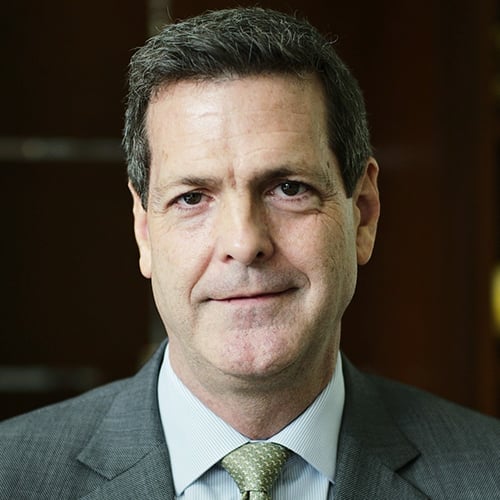For customers in carbon-intensive, fossil fuel-based and hard-to-abate sectors looking to decarbonize, UOB has launched a set of financing solutions under its Transition Finance Framework (TFF).
The solutions, the Singapore-headquartered bank says, will finance carbon-intensive companies as they pivot their business models towards more climate friendly activities, including projects, technological improvement or equipment that contribute to their overall transition plans and emissions reductions.
The framework will focus on clients in industries like oil, gas and chemicals; logistics and transportation (marine, land and aviation); fossil fuel-based power generation; and metals and mining. The solutions are designed for companies in these sectors, which are often unable to access green financing solutions, and they target four main categories of business activities: operational efficiency, business pivot, climate change mitigation, and voluntary carbon credits
The TFF has in place strict governance to eliminate greenwashing. Companies must align their climate transition plans to either the Paris agreement or nationally determined net-zero targets, such as Singapore’s target of becoming net zero by or around 2050, as well as Thailand’s 2065 and Indonesia’s 2060 net-zero ambitions.
In addition, companies must clearly state performance indicators, such as emission reduction methodologies or assumptions, among other metrics, to qualify for transition finance solutions. Companies also have to report their progress towards their environmental goals, such as the annual reduction in greenhouse gas emissions.
Clients adopting these solutions cannot participate in activities that pose critical environmental risks, such as air pollution, soil or water pollution and deforestation.
The framework has received a second-party opinion that it is aligned with the International Capital Market Association’s guidelines as outlined in its climate transition finance handbook.
“More clients in carbon-intensive sectors are telling us that decarbonization is now at the top of their agenda,” says Joseph Poh, head of oil, gas and chemicals at the bank’s sector solutions group. “Climate change is an existential issue for all of us. Businesses want to do their part.”









